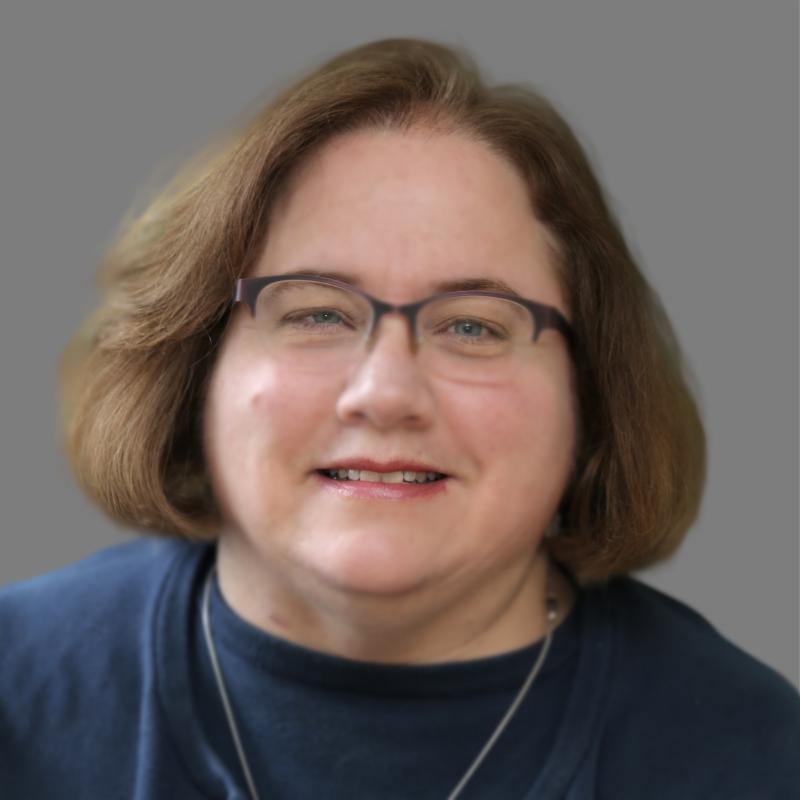One Size Doesn't Fit All: Understand the Differences and the Similarities in Communities
|
Funders, policymakers, and practitioners often see "the community" as a single entity. The community is everyone who lives or works in a place. At best, community members are thought of in terms of sectors (e.g., residents, businesses, law enforcement, human services, etc.). Yet to be more successful in our work, we need to take a granular look at the place where people live and work, and understand the actual community; social relations; sense of belonging, influence, and trust; and emotional ties that people have. Whether it is about community building, prevention services, or policy advocacy, certain institutions (formal and informal) play key roles as access points for members of that community. These include faith institutions, professional or trade associations, community centers, schools, sororities and fraternities, and civic groups. Such organizations form the social support structure for members of a group or community; however, they may have different functions in different cultures.
Read More
|
SPOTLIGHT ON:
Knowing the Community Is Key to Delivering Effective ACA Outreach and Education
|
The passage of the Affordable Care Act (ACA) in March 2010 marked an important change in the course of healthcare regulation and reform in the U.S. The law aims to cut the uninsured rate in the nation and expand public and private insurance coverage options through the introduction of new requirements and provisions such as the state Health Insurance Marketplaces.
Community Science, in partnership with other organizations involved in the National Partnership for Action to End Health Disparities (NPA), worked to document the outreach and education activities conducted by a select number of members of the NPA's Regional Health Equity Councils in various states, including Michigan, Georgia, Tennessee, and Ohio. The events were designed specifically to inform vulnerable populations on the ACA and its enrollment process. Analyses of data collected by outreach and education event organizers showed that outreach events that were most effective were held in locations that were convenient to the target population (i.e., easy to get to, familiar, comfortable, and safe). These locations included places of worship, education settings, community health centers, and health fairs.
Read more
|
Staff Profile:
Meg Hargreaves, Ph.D. Joins Community Science
|
 Public health expert Margaret B. Hargreaves, Ph.D., joined Community Science as Principal Associate on February 4, 2015. In her new role, Dr. Hargreaves will contribute to Community Science's long and established track record in leading community change, business development, and project direction, providing valuable mentorship to early-career professionals.
"Meg's rigor, deep thinking, and passion for community and systems change will strengthen our ability to assist our clients to build community capacity," said Community Science Principal Associate and CEO David Chavis, Ph.D. "Meg has been a kindred spirit, and now she will be part of our community. Her national experience working with public and private funders, providing valuable thought leadership, guidance, and evaluation services, is a great addition to our company."
Read More
|
Community Science Annual Charitable Giving Campaign Provides Support to 21 Organizations
|
|
This year, Community Science invited clients and other colleagues to participate in our annual tradition of charitable giving. We identified six organizations that align with our mission "to strengthen the science and practice of community change in order to build healthy, just, and equitable communities," and asked everyone to choose an organization they'd like for us to support with a $5 donation on their behalf. We also asked staff members to identify an organization they would like Community Science to support and made a $100 donation on their behalf. A broad range of local, national and worldwide causes are represented by the 21 organizations we supported this year.
Our community expressed appreciation for the opportunity to support these organizations as well as enthusiasm for the creative approach to promote engagement. One of our clients said, "This is not only a generous act, but a great idea!" We are grateful to all who responded to our invitation.
|
|
|
|
|
 |
|
Presentations and Publications
Community Science Associate Jessika Bottiani, Ph.D., M.P.H., Presents at the Room to Grow: Journey to Cultural Competency Mini-Conference
On December 2, 2014, Community Science Associate Jessika Bottiani, Ph.D., M.P.H., gave a talk at the Johns Hopkins Bloomberg School of Public Health for the Room to Grow: Journey to Cultural Competency Mini-Conference, sponsored by the Kennedy Krieger Institute, the Maryland Center for Developmental Disabilities, and the Hopkins Center for Health Disparities Solutions. Her talk was entitled, "Schools as Developmental Contexts: Implications of Racial Inequity in Adolescents' School Experiences."
Community Science Managing Associate Julia Lee, Ph.D., Presents at Annie E. Casey Foundation "Strategies for Investing in Financial Coaching: A Grantmaker Briefing & Roundtable"
The Annie E. Casey Foundation brought a small group of national, regional, and community-based grantmakers together to present the findings from research of financial coaching practices. At the meeting, Dr. Lee, along with former Community Science Principal Associate Scott Hebert, presented findings from a financial coaching field scan, which included a discussion of current practices, outcomes, and recommendations for the field.
Read More
Upcoming Conferences and Events
Global Health & Innovation Conference
March 28-29, 2015
Yale University
New Haven, CT
Presented by
Unite for Sight
|
Community Science is currently recruiting for the following positions:
the Community Science CAREERS page.
|
About Community Science
Community Science is an award winning research and development organization that works with governments, foundations, and non-profit organizations on solutions to social problems through community and other systems changes. To learn more, visit our PROJECTS page.
To discuss how Community Science can collaborate with your organization, contact us at 301-519-0722 or info@communityscience.com
|
|
|
|
|